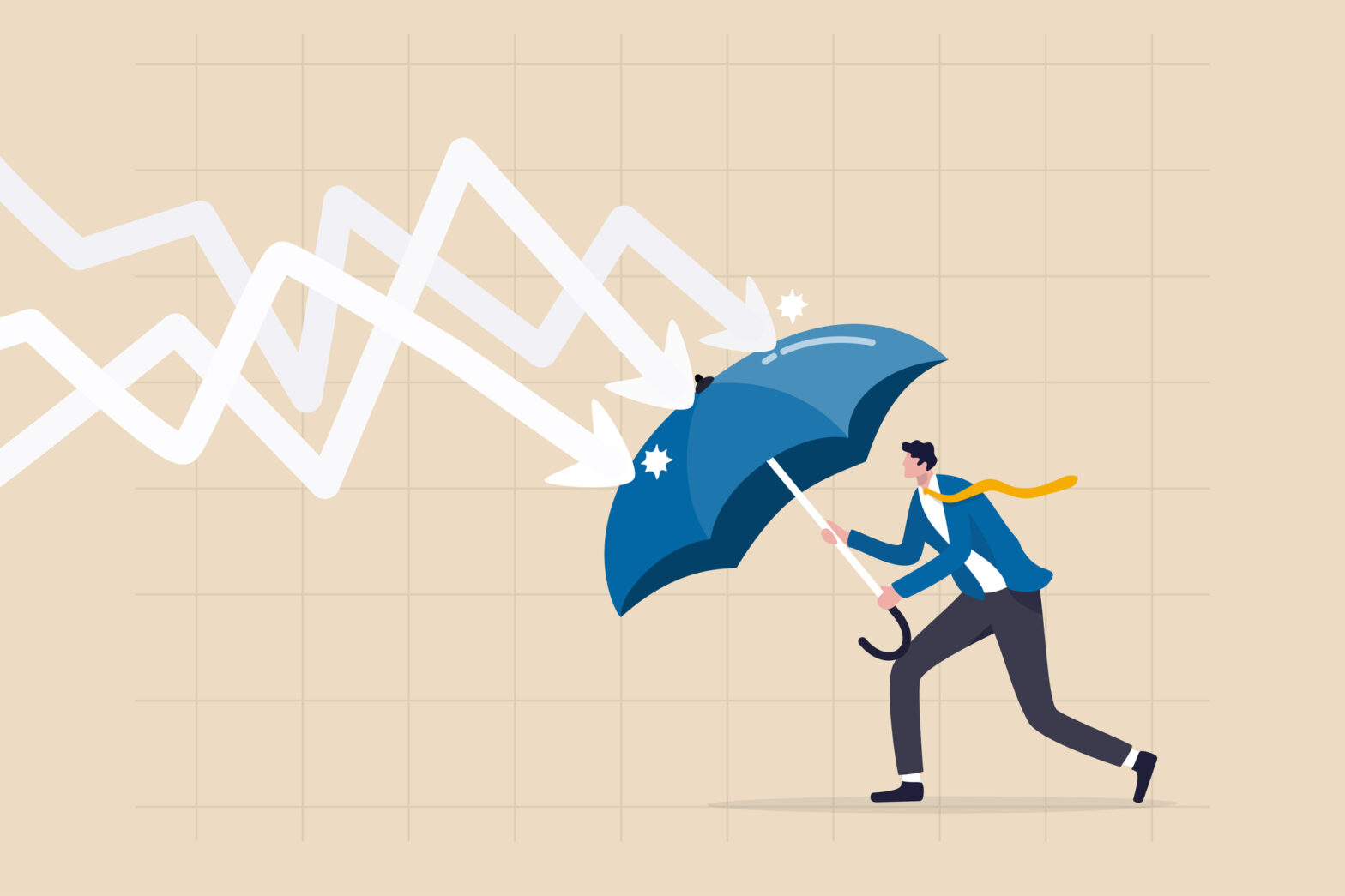These can prompt employees to take legal action against you on the basis of having suffered work-related illness or injury with the confidence that they have nothing to lose. This is just one of the reasons why it is imperative to take out employers’ liability insurance.
So important is employers’ liability insurance that it is actually a legal obligation. While you, the managing director or business owner, may try to limit the number of days you take off so you avoid days of no pay, your employees will, from time to time, require days off for illness or maybe even injury. Should this happen, you could find your business being sued for compensation.
After all, if you run a construction business and your employee suffers an accident as a direct result of work, they have a strong case for compensation. Worse still, they even have a case against you if they are self-employed but under your supervision, and even if they are just voluntary workers. Not having employers’ liability insurance could be a very costly mistake, so much so that the costs of legal representation and paying out compensation could run your business into the ground.
It works like this. If, for example, you are sued by an employee, your insurance will usually pay for the legal and compensation costs, as well as covering any and all of your employees, even if they are self-employed or voluntary. Even injuries or illness caused by events beyond your control such as acts of terrorism can be covered for substantial amounts. Employers’ liability insurance isn’t reserved only for big claims, either. It covers trivial accidents too, like tripping over a piece of equipment.
While you may have faith that any incident can be settled amicably out of court, the truth of the matter these are litigious times and some people will try to make as much money as possible.
Another type of insurance often taken out by businesses is public liability insurance. This is the cover you need if the public or clients ever enter your premises, even if you run your business from home. Even if the only time people enter is for an occasional meeting or to collect that computer you repaired for them, accidents can happen and in such circumstances public liability insurance is a must-have.
This type of cover is usually wide-ranging, offering protection if someone injures themselves on your premises or if you damage someone else’s property while on business. For example, if you visit a customer’s house and accidentally break their television, public liability insurance will protect you in the event that the client attempts to recoup the costs from you. If a client breaks their foot tripping over the threshold to your house, your cover will include legal fees and expenses from the claim levelled against you. It is important to note that this cover does not include your own employees, only third parties. For this reason, it is essential to take out both public liability insurance and employers’ liability insurance.
The final type of business insurance that needs to be considered, particularly if you provide a service to a client, is professional indemnity insurance. Should a client take issue with the service you provide, or you give them (despite your best intentions) incorrect advice, this type of policy will protect you in the event of them issuing a claim. So, think about professional indemnity insurance if you regularly offer advice to your clients, handle data belonging to them or are responsible for their intellectual property.






